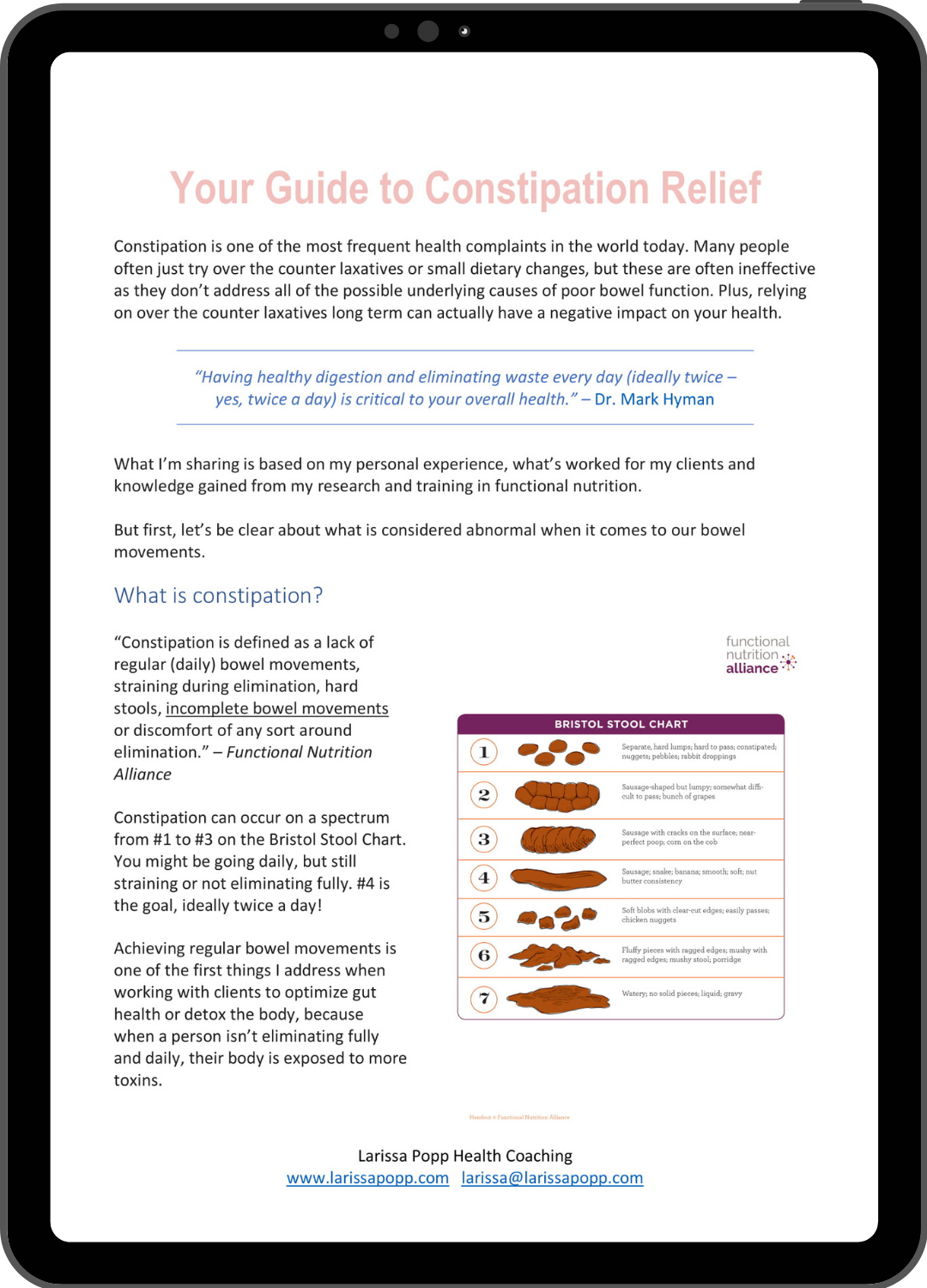
If you’ve been taking probiotic supplements thinking they’re good for you and an essential supplement that everyone should be taking, you’re not alone.
I used to think the same.
Until I learned that probiotic supplements are likely doing more harm than good for your microbiome from an interview on the Food Revolution Network with Dr. Zach Bush.
Probiotics are undoubably important, as younger and younger generations have developed chronic diseases that were previously unheard of due to disruptions in the gut microbiome, but what’s the best way to get more probiotics to support a healthy microbiome?
Dr. Zach Bush, a physician who used to prescribe probiotics to his patients, now prescribes nature and wild-ferments instead.
What’s the problem with probiotics supplements?
For a healthy microbiome, diversity is critical. It’s been estimated that an optimal healthy human gut should contain between 20-30,000 species of bacteria. And the greater the diversity, the healthier the microbiome.
So if we’re overwhelming the gut microbiome with billions of copies a day of the same few species, we’re going to end up creating a monoculture rather than a diverse ecosystem. Therefore, chronic use of a probiotic is a bad idea.
According to a study published in September 2018 in Cell, one of the most rigorous science journals in the world showed that taking probiotic supplements following an antibiotic treatment actually resulted in a suppressed microbiome and slower recovery to pre-antibiotic levels of microbiome diversity.
Better (and cheaper) alternatives to probiotic supplements:
1. Spend more time in nature. To combat narrowing microbiomes, and replenish them after antibiotics, Dr. Bush recommends getting out of our modern, manufactured ecosystems and out into nature. We are what we surround ourselves with. He prescribes patients to visit different ecosystems, such as the moutains, beach, and swampy areas — and get your hands or feet in the dirt and breath in the fresh air to take in microbes that will support the health of your microbiome.
2. Eat wild-fermented foods. While a probiotic supplement will have only a few different strains of probiotics, raw wild-fermented foods will have hundreds of different strains! And when you a variety of different types of fermented foods/veggies, you’ll be getting an even greater diversity of probiotics. And the added bonus is that fermented veggies are so much cheaper and can be very easily made at home. But if you are buying fermented foods, note that the majority of fermented foods on the market are actually made with dairy-based probiotics. So you should read labels, and choose wild fermented foods like sauerkraut, miso, and kimchi, which have been exposed to the air for long periods of time and include a wider biodiversity of beneficial microbes. And if you don’t like traditional sauerkraut, try some beet apple kraut or any raw lacto-fermented veggies — just be sure vinegar was not used, or pasteurization, both of which would significantly diminish the beneficial bacteria/probiotics. Check out the FAQs on Oregon Brineworks website for more explanation about lactic-acid fermentation. To make your own wild ferments check out culturesforhealth.com. Just a forkful of sauerkraut a day is all you need.
Bottom Line:
Do not try to micromanage a complex system like the microbiome.
According to dr. Zach Bush, “probiotics can be a valuable tool in the context of a comprehensive treatment approach, but as with any other tool, excessive or inappropriate use can be problematic.”
Nourish a diverse microbiome by getting out in nature, in different ecosystems, and consume some type of wild-ferments daily. Try making your own to save money!
To learn why a healthy microbiome is SO important, and some other tips for nourishing your microbiome, check out my blog post 3 Tips for a Healthy Microbiome.
Sources:
http://zachbushmd.com/wp-content/uploads/2017/04/Why-Probiotics-Dont-Always-Work-EG-BB-edit.pdf
https://neurohacker.com/restore-gut-health-the-science-behind-a-healthy-gut-microbiome


